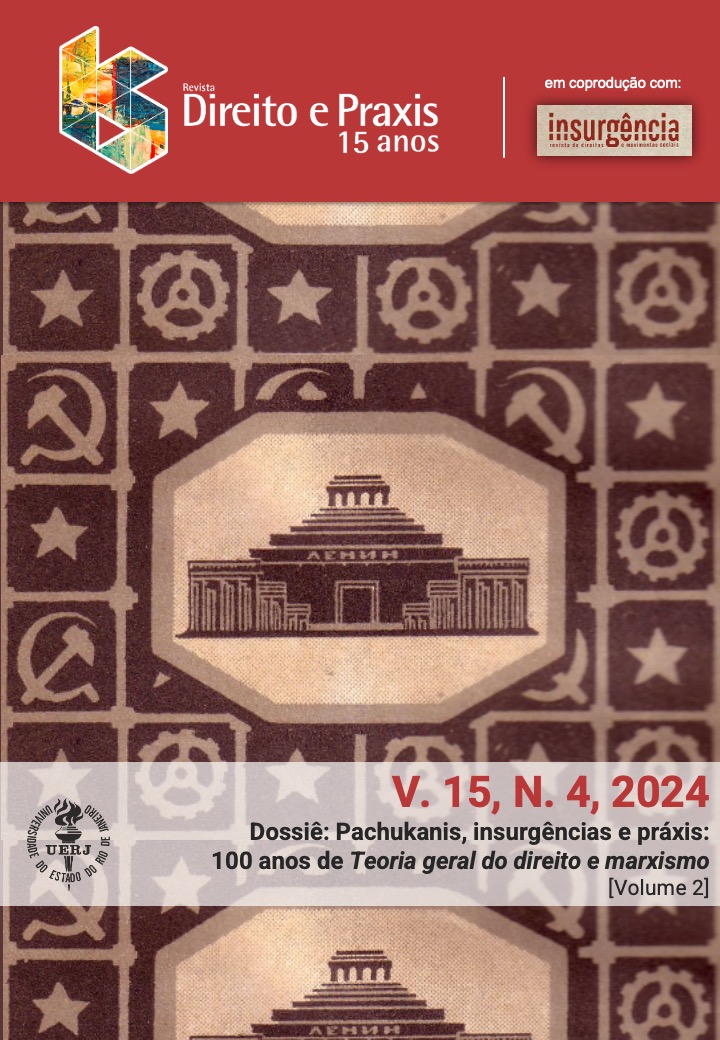Decolonial Comparative Law
new epistemological stances, new methodologies and the challenges for carrying out comparative legal studies from Brazil
Keywords:
Theory of comparative Law, Comparative law, Decolonial Theory, Decolonial Comparative LawAbstract
https://doi.org/10.1590/2179-8966/2024/80496
Brazilian Comparative Law fails to offer national jurists critical theoretical tools capable of dialoguing with the social, cultural, and historical particularities of Brazil. In parallel, decolonial theory has been presented as a new and crucial theoretical key capable of offering essential advances in comparative law not only in its theory but also in its practical activity. The present investigation is inserted in this context. It aims to answer whether decolonial comparative law can offer the epistemological stances and the appropriate methodology to fill this gap in the theory of Brazilian Comparative Law. In this sense, this investigation has two moments. The first investigates the so-called epistemic bovarism of national comparative legal studies. The second part analytically presents the contributions of Decolonial Comparative Law and how these same contributions can be decisive for advancing the field in the country.
Keywords: Theory of comparative Law; Comparative law; Decolonial Theory; Decolonial Comparative Law.
Downloads
Downloads
Published
How to Cite
Issue
Section
License
Copyright (c) 2024 Deo Campos Dutra, Luiz Eduardo Camargo Outeiro Hernandes (Autor/a)

This work is licensed under a Creative Commons Attribution 4.0 International License.
The authors the sole responsibility for their texts.
It is allowed the total or partial reproduction of the articles of the Journal Law and Praxis, if the author is mentioned.
This work is licensed under a Creative Commons Attribution-Noncommercial-Share Alike 4.0 Unported License.
This license allows you to copy and redistribute the material in any medium or format for any purpose, even commercial, provided the original authorship is cited.
This work is licensed under a Creative Commons Attribution 4.0 International License.



